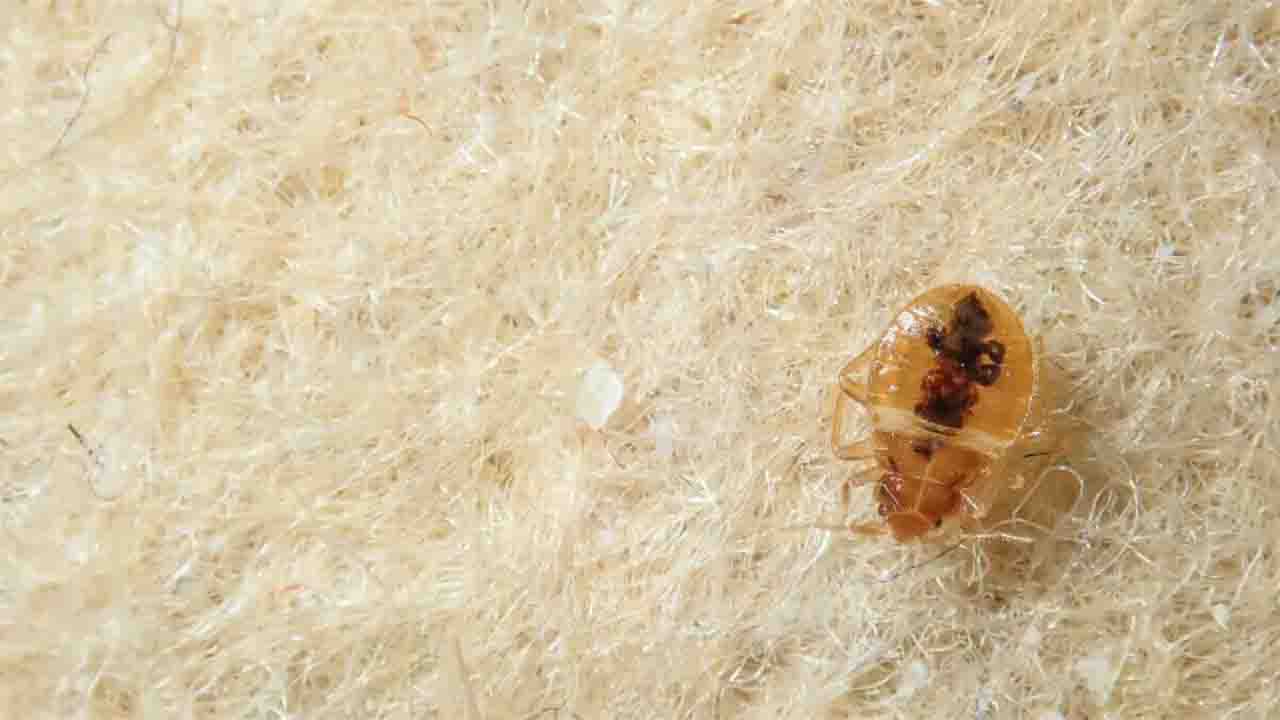Health & Medicine, UK (Commonwealth Union) – The ability to live pain-free may seem like a wild fantasy however it may not seem so far-fetched according to new findings of a study. However, in spite of the unpleasant nature of pain, it can also serve as a warning in regard to an obstacle that needs fixing within the body.
Researchers from University College London (UCL) have identified the system of a rare genetic mutation that permits an individual to feel no pain while experiencing less fear and anxiety.
The findings, which were published in Brain, continue the researcher’s discovery in 2019 of the FAAH-OUT gene along with rare mutations resulting in a patient, Jo Cameron, experiencing virtually no pain as well as not feeling anxious or afraid. The new study defines the way the mutation in FAAH-OUT ‘turns down’ FAAH gene expression, along with the knock-on effects for other molecular pathways associated with wound healing and mood. Researchers hope these findings will help with new drug targets and pave the way for new avenues of study for these areas.
Jo, from Scotland, was 1st referred to pain geneticists at UCL back in 2013, following her doctor observed her absence of pain following prominent surgeries on her hip and hand. Following 6 years of searching, a new gene was marked that was called FAAH-OUT, consisting of a rare genetic mutation. Together with another, more frequent mutation in FAAH, they discovered that it was the cause of Jo’s unique features.
The place of the genome that had the FAAH-OUT had on prior occasions thought to be ‘junk’ DNA1 having no function, however, it was discovered to play a role in the expression of FAAH, a gene that is a component of the endocannabinoid system and well recognized for the role it plays in pain, mood together with memory.
The researchers for the study from UCL were seeking to learn the way FAAH-OUT functions at a molecular level, the 1st step in having the ability to make use of this unique biology for procedures such as drug discovery.
This consisted of a range of approaches, like CRISPR-Cas9 tests on cell lines that imitate the impacts of the mutation on other genes, and analyzing the expression of genes to find out the ones that are active in molecular pathways playing a role in pain, mood along with healing.
Researchers noticed that FAAH-OUT regulates the expression of FAAH. As it gets significantly lowered due to the mutation conducted by Jo Cameron, FAAH enzyme activity levels were noticed to be quite low.
Senior author for the study, Dr Andrei Okorokov of UCL Medicine, says “The FAAH-OUT gene is just one small corner of a vast continent, which this study has begun to map. As well as the molecular basis for painlessness, these explorations have identified molecular pathways affecting wound healing and mood, all influenced by the FAAH-OUT mutation. As scientists, it is our duty to explore and I think these findings will have important implications for areas of research such as wound healing, depression, and more.”
The authors examined fibroblasts obtained from patients for the evaluation of the effects of the FAAH-OUT-FAAH axis on other molecular pathways. As the mutations that Jo Cameron had bring down FAAH, they further discovered another 797 genes that were turned up as well as 348 that had been turned down. This consisted of alterations to the WNT pathway that is linked with wound healing, with elevated activity in the WNT16 gene that has been on prior occasions associated with bone regeneration.
There were 2 other key genes that altered BDNF, which had on prior occasions been associated with mood regulation, and ACKR3, which assists in regulating opioid levels. These gene alterations may play a role in Jo Cameron’s low anxiety, fear along with painlessness.
















